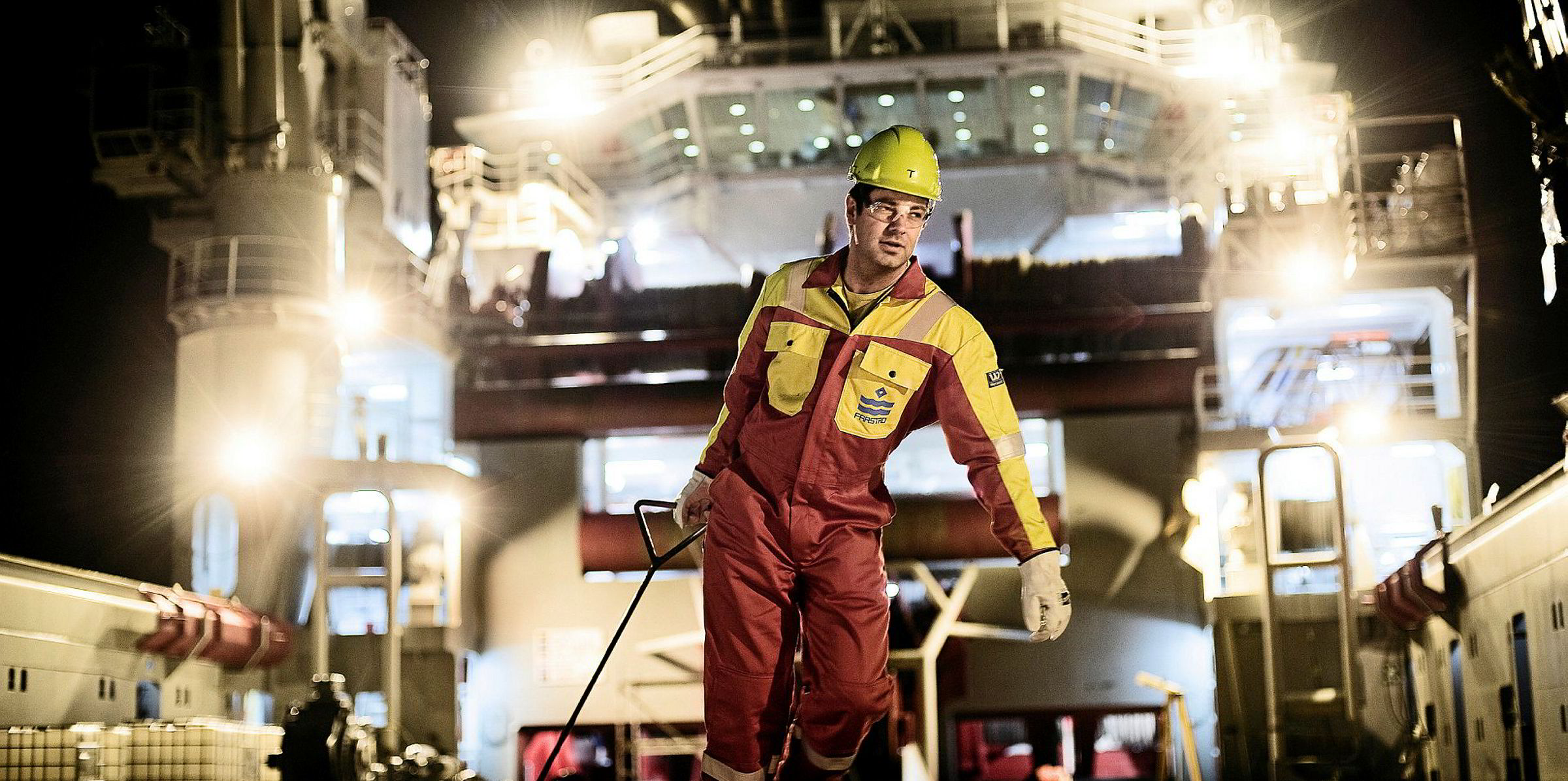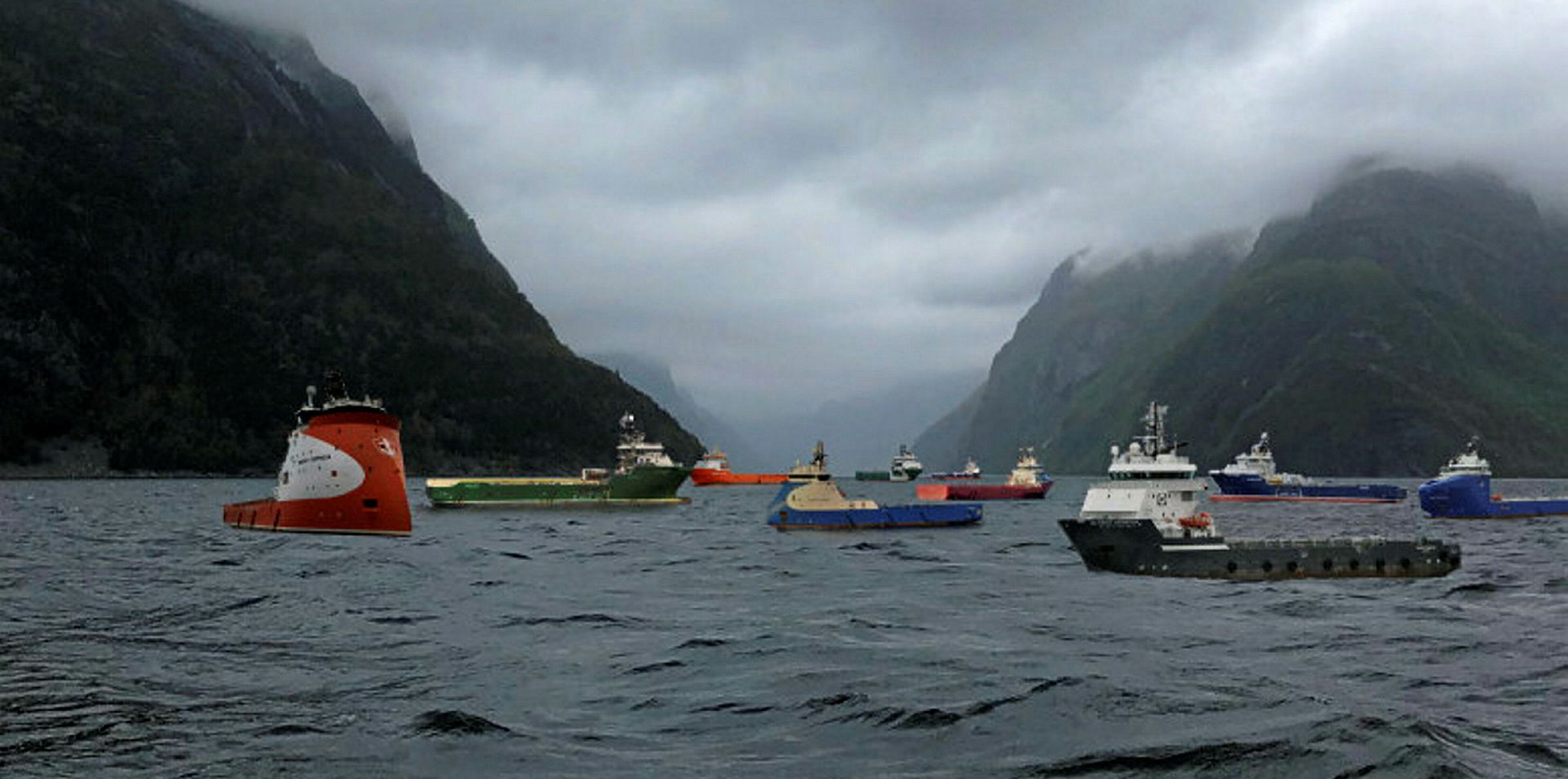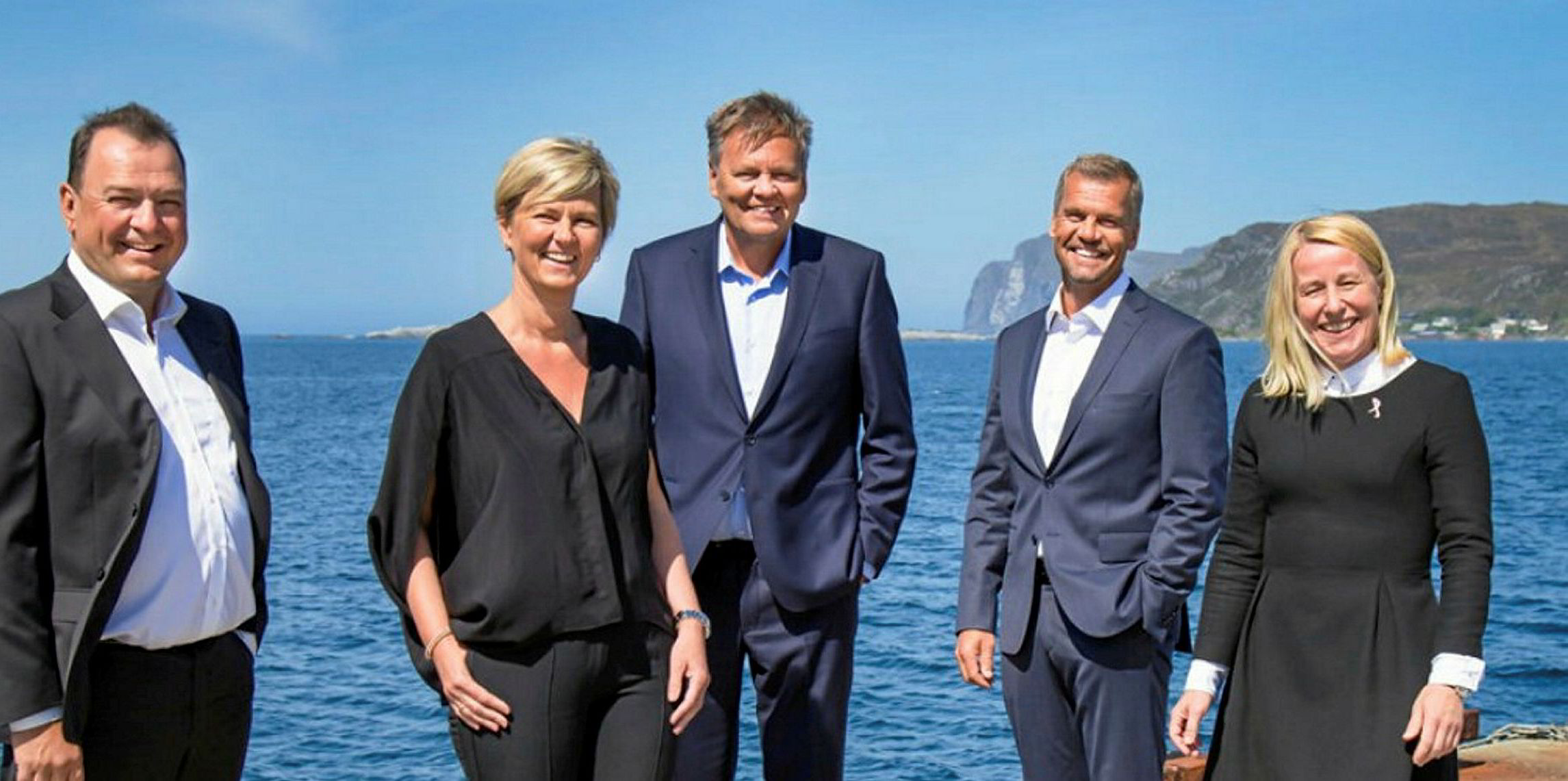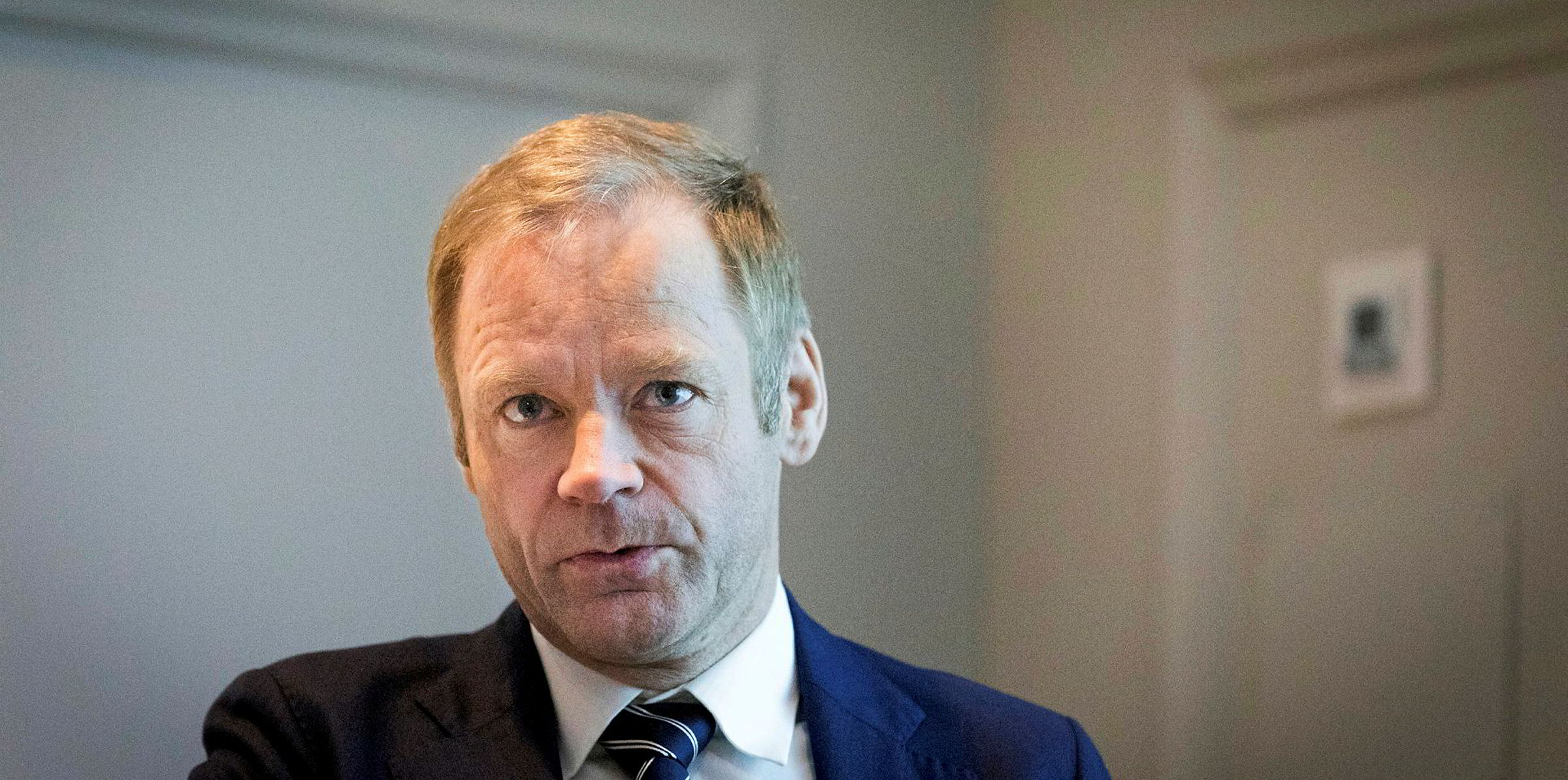Desperate offshore support vessel owners are trying to restructure nearly $8bn of debt in the latest sector downturn, TradeWinds has calculated.
As the weeks of coronavirus-related lockdown have ticked by, one shipowner after another has revealed details of bank and bondholder talks in an effort to preserve liquidity.
Markets worldwide have been hit by oil majors cutting production and exploration budgets after the crude price crashed, while the pandemic has complicated crew changeovers and destroyed demand.
The North Sea market has been particularly badly hit, with spot rates approaching historic lows of £2,000 ($2,550) per day for platform supply vessels in May.
Compounding debt
Some listed Norwegian owners were still trying to finalise a second round of refinancing from the previous offshore slump in 2014 when the virus hit.
Norwegian broker Seabrokers said restructurings will be "commonplace" this year "as investors come to terms with the impact of Covid-19 and the dramatic effect it has had on the offshore market".
It also pointed out that the US has not been immune, with Hornbeck Offshore Services filing for Chapter 11 bankruptcy protection in the US.
It has $1.2bn in outstanding debt that will be whittled down to $217m if the plan is approved this month.
The biggest debt reorganisation involves Norway's Solstad Offshore, which has agreed to swap $1.1bn of liabilities for shares in a move that will see banks take over the company.
The shipowner has also been backed by shareholders John Fredriksen and Kjell Inge Rokke, as well as the managing Solstad family, through a new share issue.
The company, which has negative equity of $645m, will see its remaining secured debt included in a fleet loan maturing after four years and worth $886m.
Rival DOF Group, which is trying to deal with its $2bn in borrowings, has halted debt payments but not all of its lenders have yet agreed to the standstill.
Deadline missed
Compatriot Havila Shipping missed an end-of-May deadline to finalise its own $420m refinancing and is seeking more time. Its deal will see the controlling Saevik family remain in charge.
And Stig Remoy’s Olympic Subsea admitted this month that it was in default with one loan agreement after a lender pulled out of refinancing talks.
It has debt of $302m and has described its liquidity as unsustainable.
Then there is Eidesvik Offshore, which has started talks with banks over net interest-bearing debt of NOK 2.35bn ($254m), while Kristian Siem-backed Siem Offshore has entered into an agreement with secured lenders in Europe and Norway to defer payments on $1bn of debt.
But it said talks continue with banks in Brazil and Canada, and the overall standstill is conditional on this being finalised.
However, DOF Group unit Norskan Offshore has succeeded in striking a separate debt freeze deal with lenders in Brazil.
Private woes
Beyond the publicly listed sector, the privately held Boa Offshore has revealed it is restructuring $400m of loan and bond debt in a bid to put its business back on an even keel and stop staff leaving.
The owner of 20 offshore support vessels, dredgers and tugs underwent a financial reorganisation in 2017, but has had to revisit this agreement.
Island Offshore has said it is seeking sustainable long-term solutions for its vessels.
Back in the US, Scorpio Group-backed Hermitage Offshore is also in talk with lenders. It has debt of $142m.
End of the line?
Industry observers have said not all companies will survive. Some are calling for consolidation and further fleet reduction.
The last crisis saw Rem Offshore, Farstad Shipping and Fredriksen's Deep Sea Supply merged into Solstad.
But Seabrokers said there is some hope this time around that concerted action to lay up more than 40 ships in the North Sea in recent weeks will help stabilise the market as it looks towards the next recovery.






